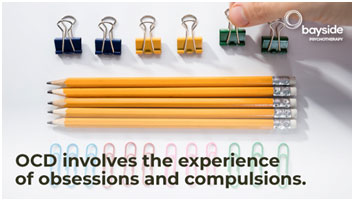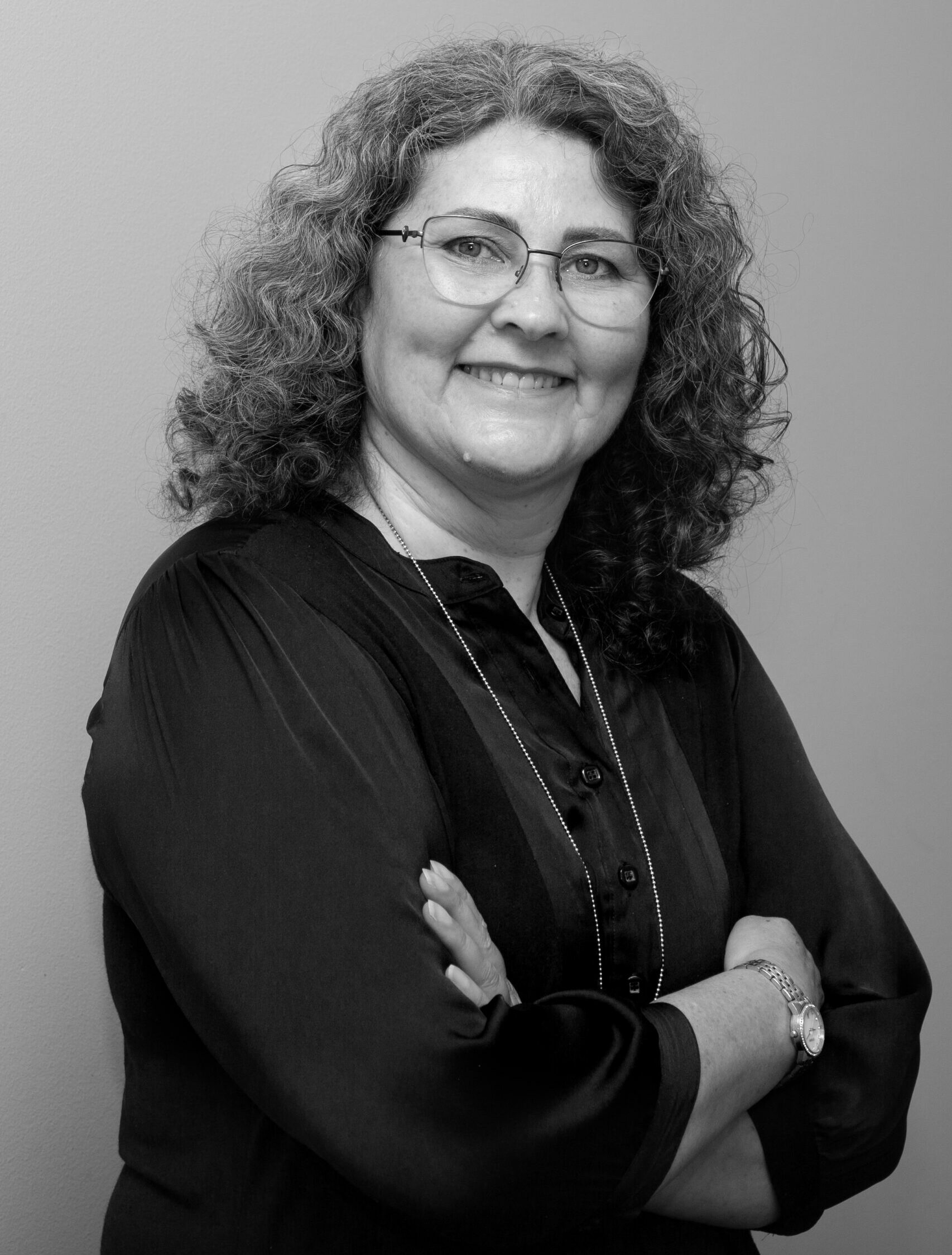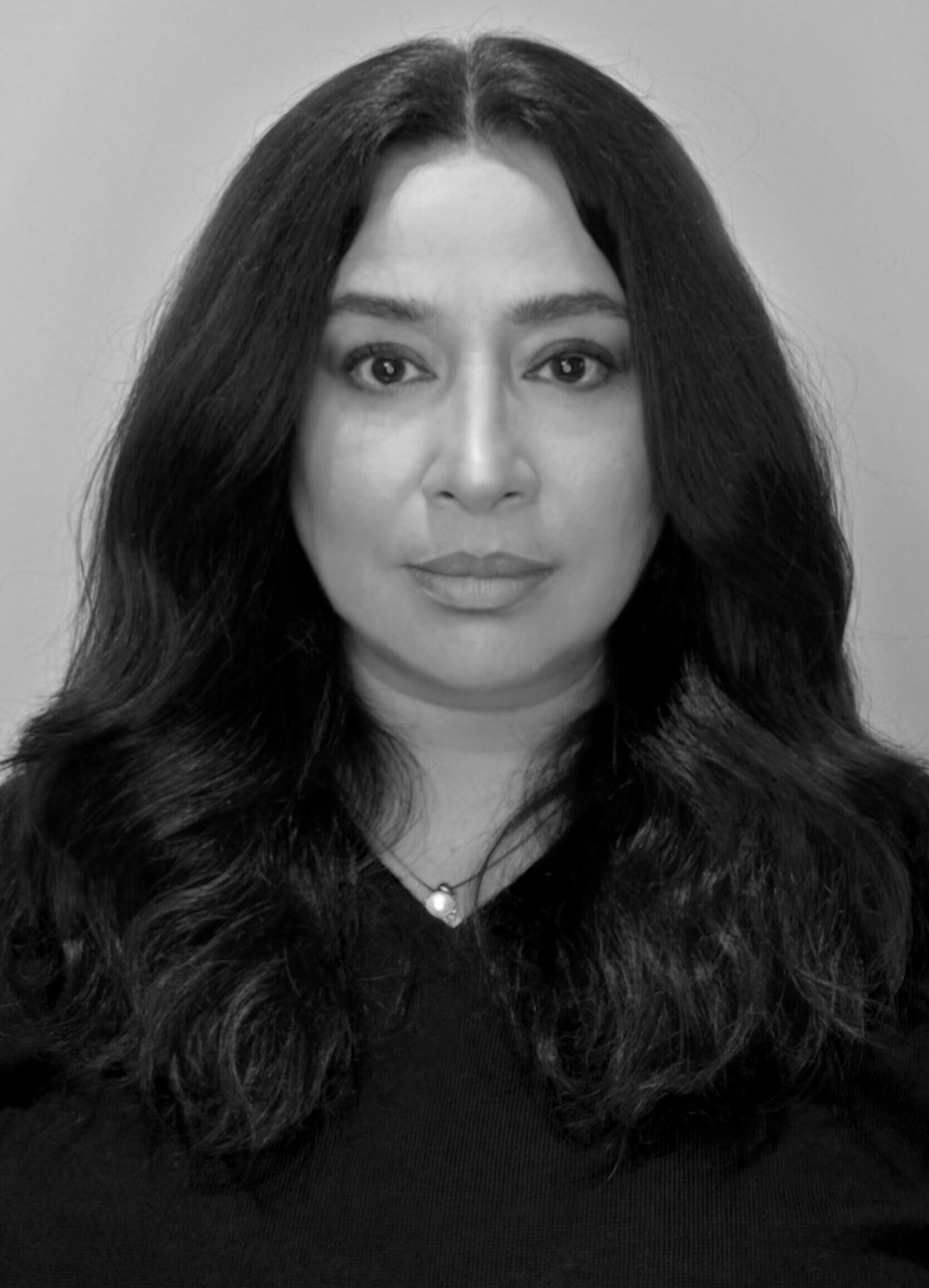Some people joke about Obsessive Compulsive Disorder but to the person who lives with OCD, it’s really not a laughing matter at all. OCD can cause a significant level of distress and impair your ability to engage in life in a meaningful way.
What is OCD?
OCD involves the experience of obsessions and compulsions. Obsessions tend to involve repeated and persistent thoughts, images or urges that the individual perceives to be intrusive and unwanted. The obsession then leaves the individual compelled to engage in a compulsive response which may involve repeated behaviours or mental acts stemming from rigid rules. The obsessions or compulsions tend to cause high distress and/or take long periods of time to complete.
The level of insight regarding the truth behind OCD beliefs also varies from person to person. It is common for individuals with OCD to feel overly responsible, be perfectionistic and struggle to tolerate uncertainty.

Types of OCD

While there is great variation in the themes of obsessions or types of compulsive responses, frequently observed themes involve:
- Symmetry
- Cleanliness
- Order
- Taboo thoughts
- Harm
This may culminate in avoidance of environments associated with one’s OCD difficulties.
While there appears to be a strong genetic factor associated with OCD, childhood abuse or trauma may also be a risk factor. Individuals with OCD often experience other mental health difficulties such as depression and anxiety.
What causes Obsessive Compulsive Disorder (OCD)?
The causes of OCD are not fully understood. However, there are several theories. Compulsions are learned behaviours, which become repetitive and habitual when they are associated with relief from anxiety. Genetic and hereditary factors, as well as chemical, structural and functional abnormalities in the brain, can also cause OCD. Several of these factors may interact to trigger the development of the disorder. The underlying causes may be further influenced by stressful life events, hormonal changes and personality traits.
What are the side effects of Obsessive Compulsive Disorder (OCD)?
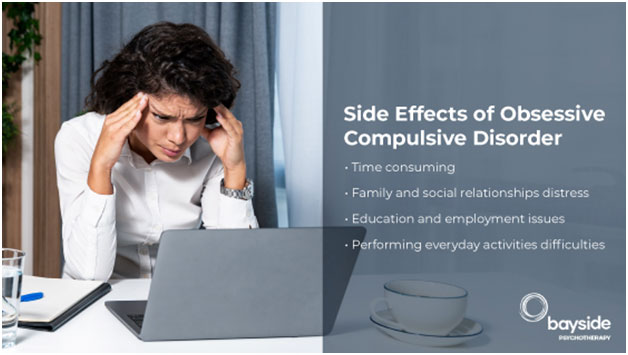
OCD can severely impact a person’s life, and the compulsions and obsessions may take hours of a person’s day and interfere with family and social relationships. They can also harm one’s education and employment. As OCD becomes more severe, ‘avoidance’ may become an increasing problem. The person may avoid anything that might trigger their obsessive fears. OCD can make it difficult for people to perform everyday activities like eating, drinking, shopping or reading. Some people may become housebound.
People with OCD are often acutely embarrassed about their symptoms and will put great effort into hiding them. Before the disorder is identified and treated, families may become deeply involved in the sufferer’s rituals, which can cause distress and disruption to family members.
Need OCD therapy?
Start NowWhat are the treatment options of Obsessive Compulsive Disorder (OCD)?
One treatment approach that has received intense research attention is cognitive behaviour therapy (CBT) specifically focused on exposure and response prevention strategies. This involves the individual gradually exposing themselves to feared stimuli and then working to not engage in a compulsive act, leading to a diminishment in anxiety and fear over time. There is also some research suggesting acceptance and commitment therapy (ACT) may also be effective in helping to manage OCD. ACT is a mindfulness based approach that supports individuals to confront feared emotions, thoughts, images and memories and working to create a life of meaning and purpose through feeling more comfortable with one’s inner experience and developing flexible thinking.
It’s important to note that, as with all mental health conditions, we cannot make any guarantees with respect to the outcomes of engaging our psychological treatment. Furthermore, if we believe someone has an underlying psychiatric condition that requires specialised assessment, we will at that stage make a referral to a psychiatrist.
Our skills, tools, and resources may help you work through your obsessions and compulsions. Working together with our counsellors may provide access to several other treatment methods, such as NLP, hypnotherapy, dream interpretation, mindfulness therapy, and more.
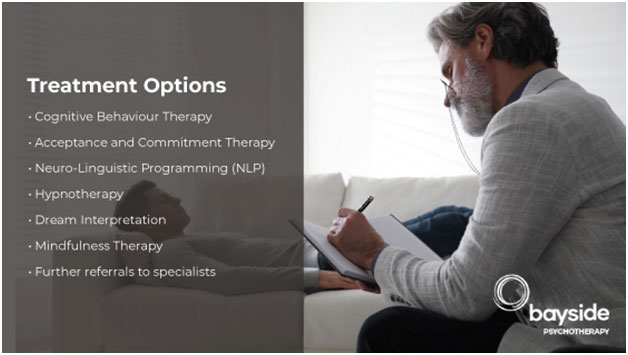
How long will Obsessive Compulsive Disorder (OCD) treatment take?
There is no way to estimate how long treatment for OCD will take. Treatment methods and time-frames vary based on the individual. Some people listen to hypnosis downloads between sessions, such as the Manage OCD hypnosis download.
Self-hypnosis may also work well when used in conjunction with counselling. You can download our Obsessive-Compulsive Disorder (OCD) Self Hypnosis recording from our website.
Do you have any questions for us?
Get in touch with us through our online contact form.
Call Bayside Psychotherapy on (03) 9557 9113 to find out if we’re able to help you. Your call is completely confidential, and there’s absolutely no obligation.
If you experience OCD symptoms, you may consider speaking with a professional therapist or doctor to discuss possible OCD treatment.
You can also book an appointment for OCD treatment by using our online booking form for online appointments. Or, if you prefer, you can book an in-clinic session.
Here are a couple of blogs written on this topic you might find useful:
What Treatment Is There For OCD
Post Natal OCD
Germ Phobias Ebola And Human Relationships
Note: This information is informative only and is not to be used for diagnosis or substitution of appropriate assessment and/or treatment by a registered practitioner. Information on this page and our entire site should not be construed as implying that our therapists are specialists in treating any condition whatsoever. While some of our therapists may have experience working with people suffering from a specific condition, not all of our therapists do. We do not guarantee any particular level of performance, cure or management of symptoms. Each case is unique and responds differently with collaboration between client and therapist being crucial. Always seek appropriate assessment from a qualified professional such as a GP, psychiatrist, clinical psychologist or social worker especially if you are acutely distressed. We are not a crisis clinic. If you are in crisis, please call lifeline on 13 11 14, or contact emergency services by dialling 000 within Australia.

